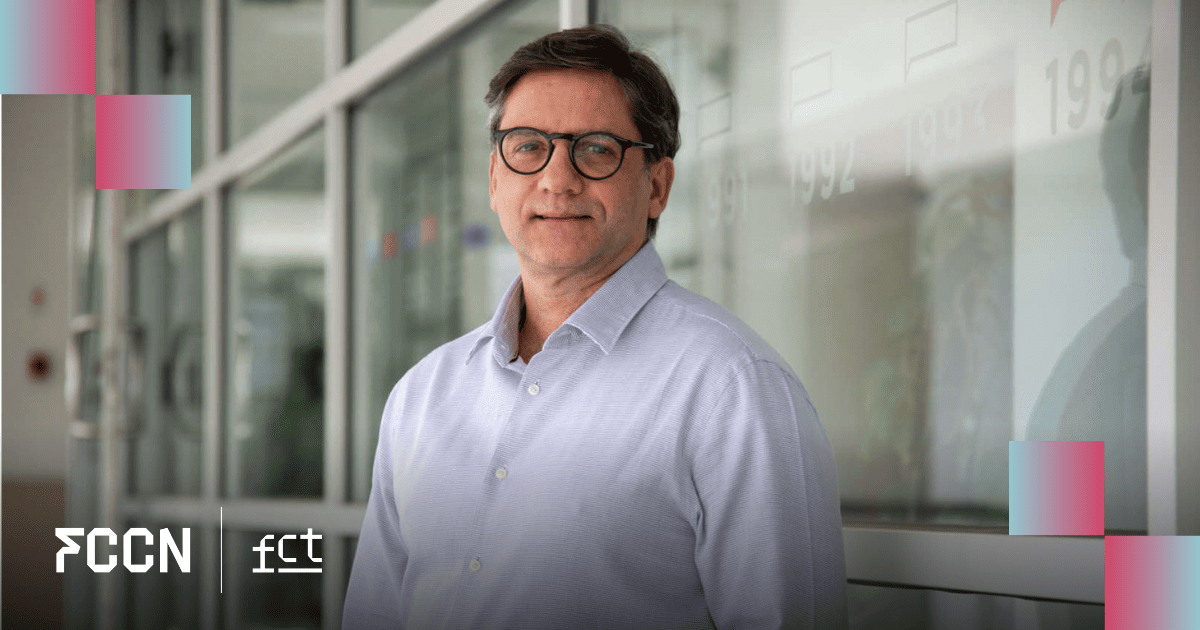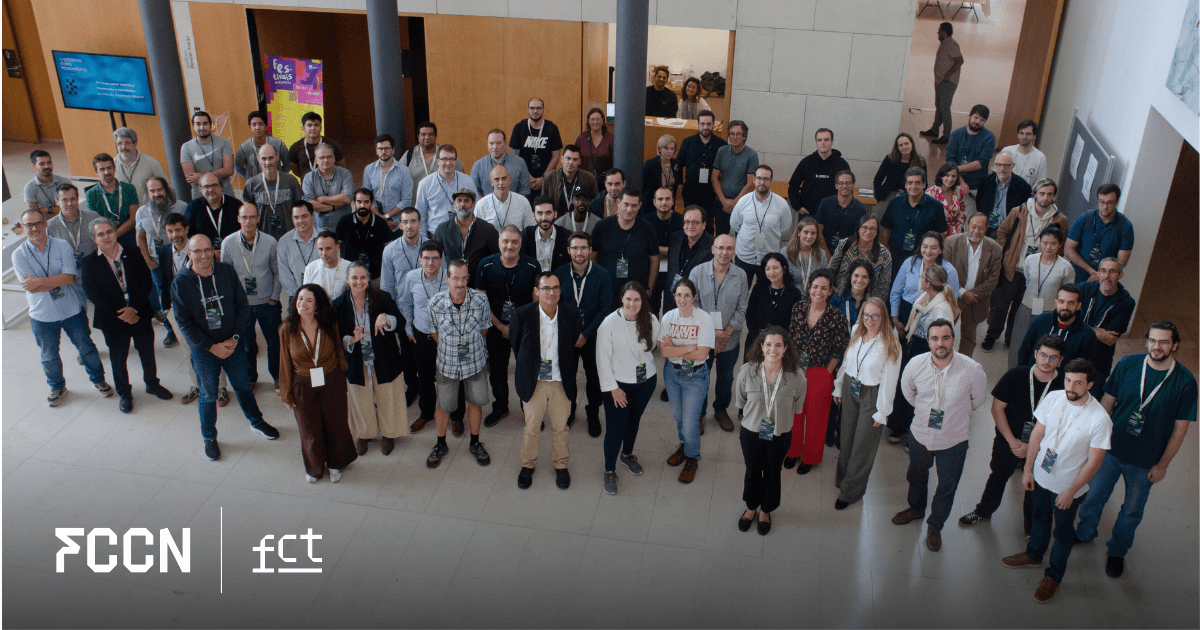EuroCC and CASTIEL projects will form a network of 33 national centers dedicated to high-performance computing.
The two most recent European projects in the area of high-performance computing (HPC) began on September 1, 2020. With a total budget of around 60 million euros, these initiatives are expected to last two years and will result in the foundation of a European HPC network, with the creation of 33 national competence centers in this area.
The ultimate goal is for these new structures to coordinate the installed HPC capacity in each country, placing these resources at the service of members of the scientific and research community. Thus, the European Commission explains, it will be possible to facilitate access to HPC tools, by creating solutions designed according to the specific needs diagnosed.
The two initiatives are complementary. In addition to the founding project of this network (EuroCC), the CASTIEL initiative will seek to promote interaction and knowledge exchange within this new European structure. The goal is to foster potential collaborations through this exchange of best practices and sharing of experiences. To this end, The CASTIEL project will promote activities such as international workshops and mentoring sessions, as well as encourage the formation of partnerships between institutions.
Both projects are coordinated by the Stuttgart Center for High Performance Computing – one of the members of the Gauss Center for Supercomputing.
What is High Performance Computing (HPC)?
HPC is one of the branches of Advanced Computing – a tool placed at the service of scientific development. Through this type of resources, it is possible to apply advanced data analysis, artificial intelligence or simulation techniques, for example, which allow you to find answers to complex challenges and problems.
In Portugal, there are several structures that provide these tools, and FCCN Unit, a pioneer in the implementation of supercomputing projects, and recently within the scope of the EuroHPC project, with participation in solutions such as National Distributed Computing Infrastructure (INCD) or the Minho Advanced Computing Center. In 2019, the first Portuguese supercomputer was also installed – the BOB – which involved a partnership between the FCT, the University of Minho and the University of Texas.
The installation of the Deucalion supercomputer – a €25 million investment supported in part by EuroHPC funds (50%) and European Structural Funds (30%). This new equipment will have the capacity to execute 10 billion operations per second and will be integrated into the Minho Advanced Computing Center (MACC).












